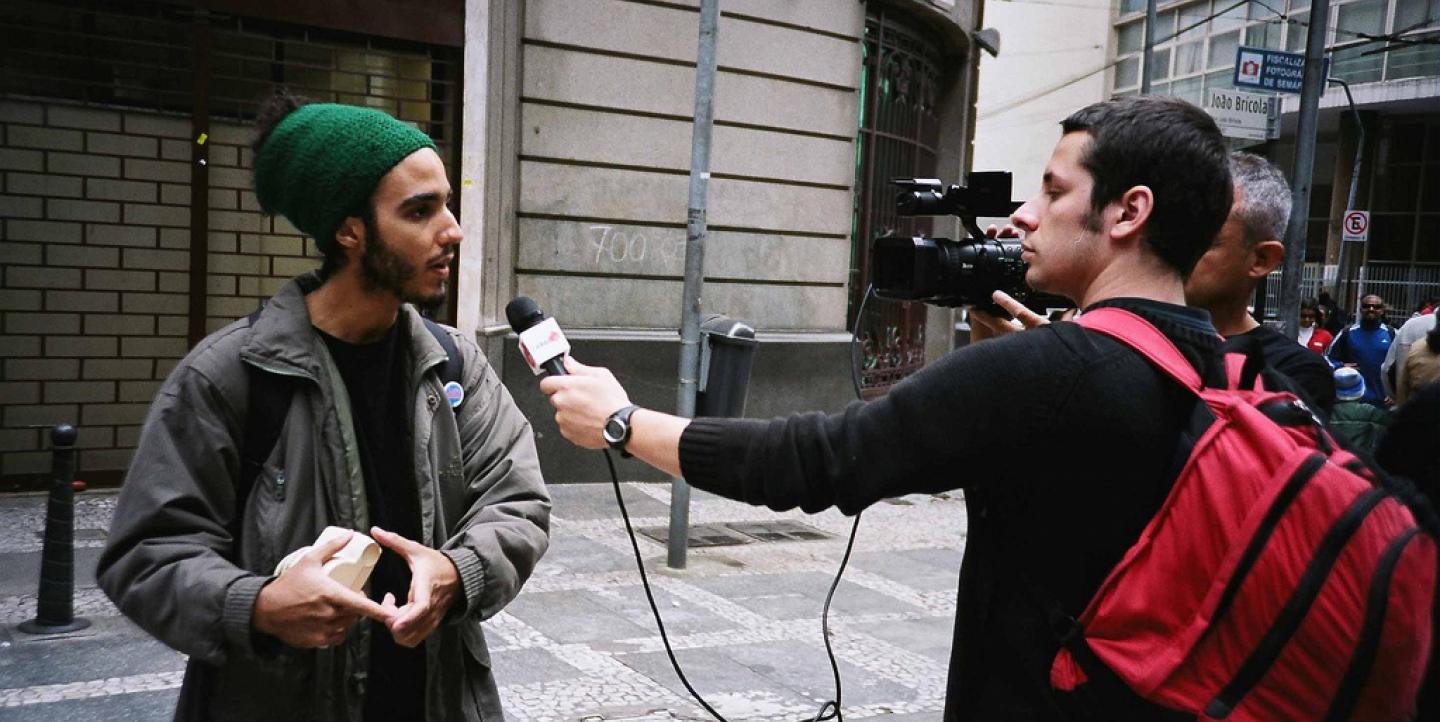Both seasoned reporters and newbies can benefit from polishing their interviewing skills.
For your next interview, arrive armed with these five tips from IJNet. Be sure to check out the links for free digital tools and interviewing guides published by media experts.
1. Be prepared
Like a good boy scout, a journalist should prepare for an interview. On a basic level, this includes researching the interviewee and seeing what has been written about him or her already. A quick Google News check for the company or the subject's Twitter account can also provide valuable information. Draft more questions than you need with your goal for the final piece in mind. Finally, always bring extra pencils, pens, paper, batteries, water, etc. For more information on preparing for interviews, click here.
2. Embrace the digital age
Online tools can help journalists find interviewees, record notes and review them. For journalists on a tight deadline looking to connect with sources fast, there are several free sites that do just that. If you want to organize their interviews on their computer and phone, there are several applications available. Finally, if you're looking for unique ways to record and publish a story, Mashable has a collection of tools for mobile journalists.
3. Play by the email interview rules
Email is an efficient way for reporters to get quotes on deadline, with a few caveats. To encourage sources to participate, it’s important to always identify yourself, briefly explain the story, link to relevant articles that you’ve published in the past and most importantly—give a specific deadline. Additionally, always offer to do a phone interview instead and follow professional email protocol (no smiley faces and cutesy quote signatures). To see more tips for email interviewing, click here.
4. Don’t give up when the going gets tough
Journalists all come across tough interviewees at some point. But instead of being put on the defense by a surprise attack, consider in advance what you’ll do if you come across a hostile interviewee. Stay calm and remain courteous, don’t be persuaded into letting the source go off the record, make sure you did your homework in advance and when being provocative, quote critics—not yourself. For more tips on tough interviews, click here.
5. Review, review, review
Putting away your notebook right after the interview for a much-needed break will only hurt you when it comes to deciphering jumbled notes later. Go over your notes while the interview is still fresh in your mind and make sure to follow-up on any terms or quotes that need clarification.
Main image CC-licensed by Flickr via Daniela Goulart

